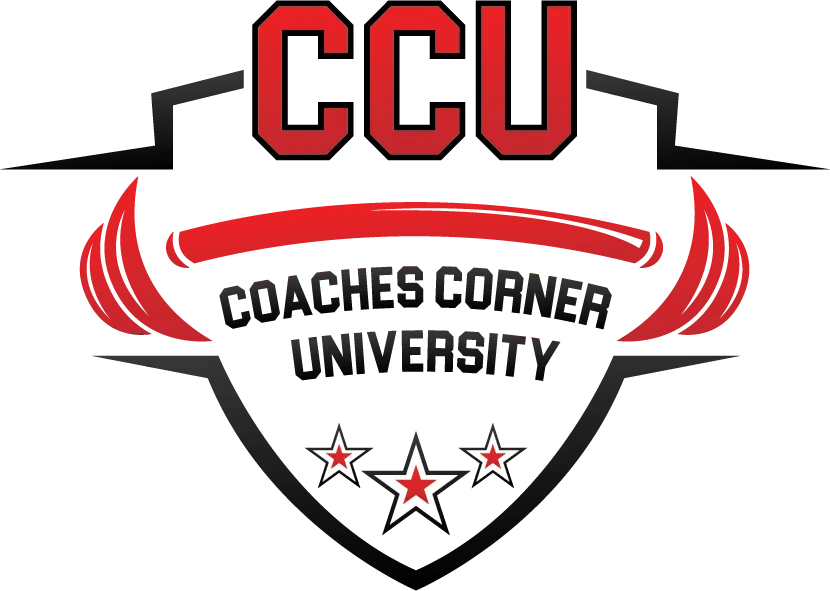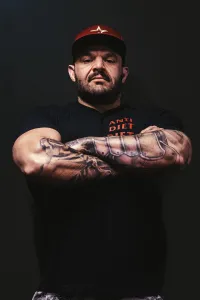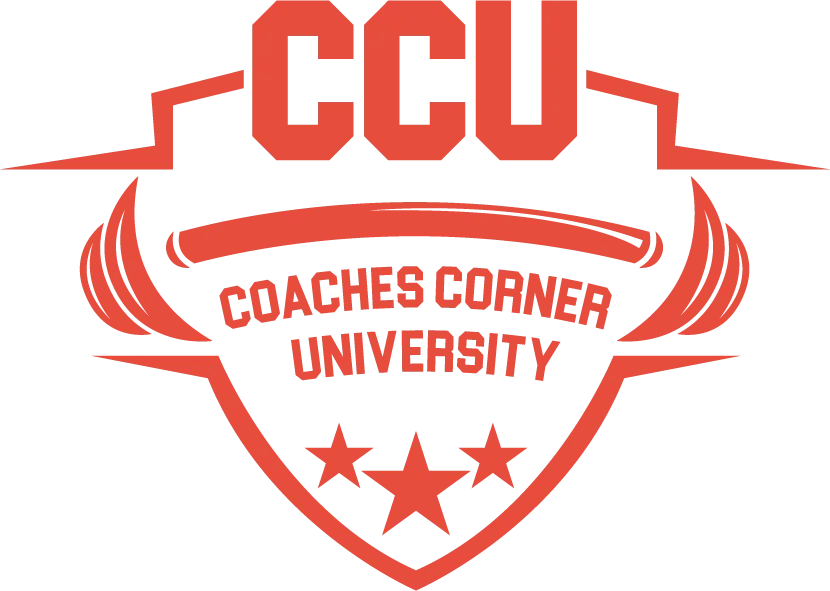Discover The Latest Blogs
Stay updated with Our Informative Blog Posts
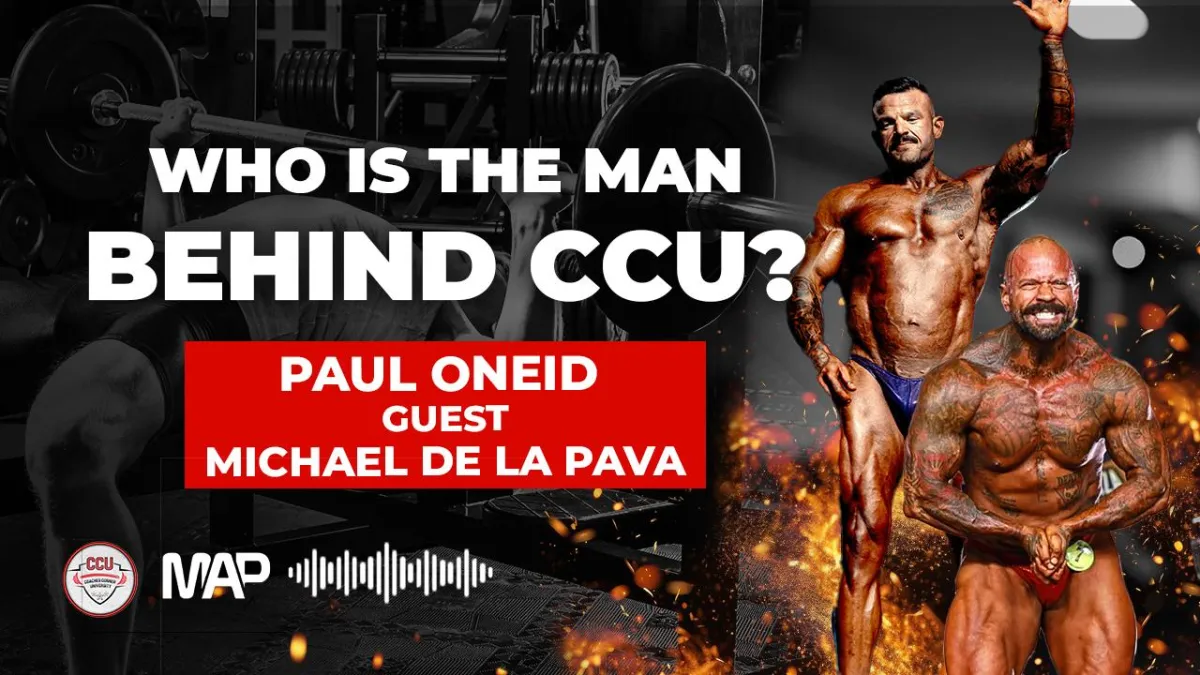
CCU Podcast - Who Is the Man Behind CCU? Paul Oneid Interviewed by Michael De La Pava
Who Is the Man Behind CCU?
Paul Oneid Interviewed by Mike De La Pava
In this episode, we have something a little bit different. I am interviewed by one of my best friends, guest Mike De La Pava. I am usually the one behind the interview, but now you get a deeper look to learn about me as a man, a mentor, a coach, and an athlete.
Mike, with his characteristic thoroughness and three years of documented conversations to reference, pushed me to articulate the systematic approaches, psychological frameworks, and coaching principles that not only facilitated my recovery but have become the foundation of how I develop anti-fragile athletes.
What emerged was a comprehensive breakdown of the methodologies every strength and conditioning coach needs to master when working with athletes who refuse to accept limitations. These aren't theoretical concepts—they're battle-tested protocols forged through the crucible of catastrophic injury and the relentless pursuit of excellence that followed.
10 Key Takeaways from Who Is the Man Behind CCU?
Master the Stimulus-Response Gap Through Stoic Principles
During my interview with Mike, I emphasized that the foundation of elite coaching lies in controlling the space between stimulus and response. As I explained: "The only thing in your life that you own is the moment between stimulus and response." This requires conscious alignment between thoughts, feelings, and actions.
Information Is Power, But Strategic Filtering Is Critical
As I shared with Mike, my recovery involved consulting multiple specialists—from Dr. Mike T. Nelson to Dylan Seeley—but success came through critical analysis, not information accumulation. The key principle I've developed: "The more information that you have, the more power that you have. But you have to package that in a way where you're listening to everything and critically thinking through it."
Redefine Strength as Multidimensional Excellence
During our conversation, Mike pressed me on my core philosophy, and I explained that the question "How strong can you be?" extends far beyond load capacity. My approach centers on raising the bar across all dimensions: "How strong can I be? How smart can I be? How great of a husband can I be? How great of a business owner, mentor, coach, educator can I be?"
Embrace Anti-Fragility as a Core Training Philosophy
I told Mike that beyond resilience lies anti-fragility—the capacity to grow stronger through adversity. My bilateral quad rupture became an opportunity to "galvanize my identity" rather than a limitation to overcome.
Decision-Making Must Be Data-Driven, Not Emotion-Driven
As I confessed to Mike, after losing $100,000 to an emotion-based business decision, I've learned that: "I think the only thing that I avoid is decisions made by emotion rather than data." This applies directly to rehabilitation and training decisions.
Adapt Leadership Style to Individual Athlete Needs
When Mike challenged me on leadership approaches, I explained that effective coaching requires recognizing that leadership isn't always about being in front: "Sometimes a leader is going to sit in the mud with you... You might also be behind them, pushing them forward."
Understand the Burden-Support Dynamic in Athlete Relationships
I shared with Mike how my experience being dependent on others during recovery revealed crucial insights about receiving and providing support. The key lesson: allowing others to show their care through service, even when it feels uncomfortable.
Victory vs. Winning: Internal vs. External Locus of Control
During our discussion, I explained my distinction between victory (internal satisfaction) and winning (external validation): "Victory to me is internal... The win was the trophy, the medal." This psychological framework is crucial for athlete development.
Personal Brand Authenticity as Professional Security
As I told Mike, in an age where expertise is commoditized through AI: "what is a commodity is your personal brand. You as a human, your stories, your experiences, what sets you apart is you."
Systematic Approach to Holistic Recovery Protocols
I explained to Mike that my return to elite competition required "checking all the boxes for 13 months" with systematic attention to every detail. This comprehensive approach included nutrition planning, equipment procurement, therapeutic modalities, and psychological support.
These takeaways represent more than individual insights—they form an integrated approach to coaching that addresses the complete human being.
The key lies not in choosing between these approaches but in weaving them together into a comprehensive coaching philosophy that serves the whole athlete across their entire career trajectory.
Find Mike:
Instagram: @thebattleaxgym
Website: www.battleaxegym.com
Find the Podcast
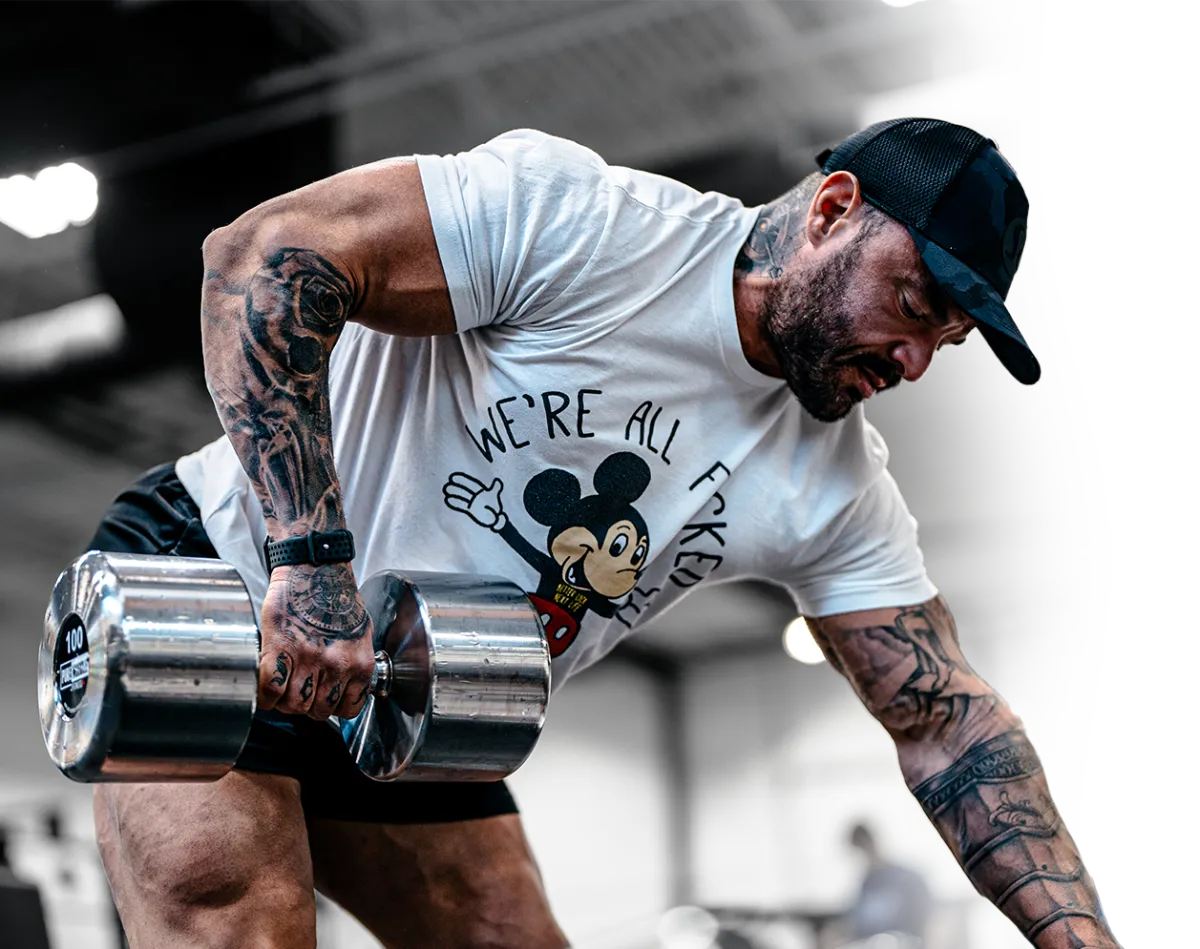
Coaches Corner PhD
